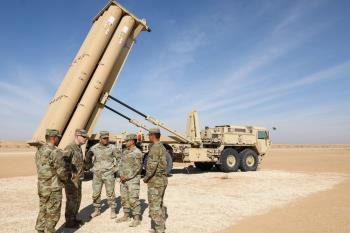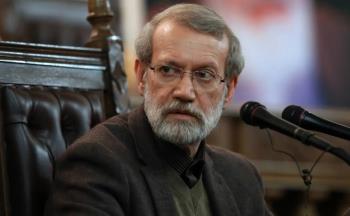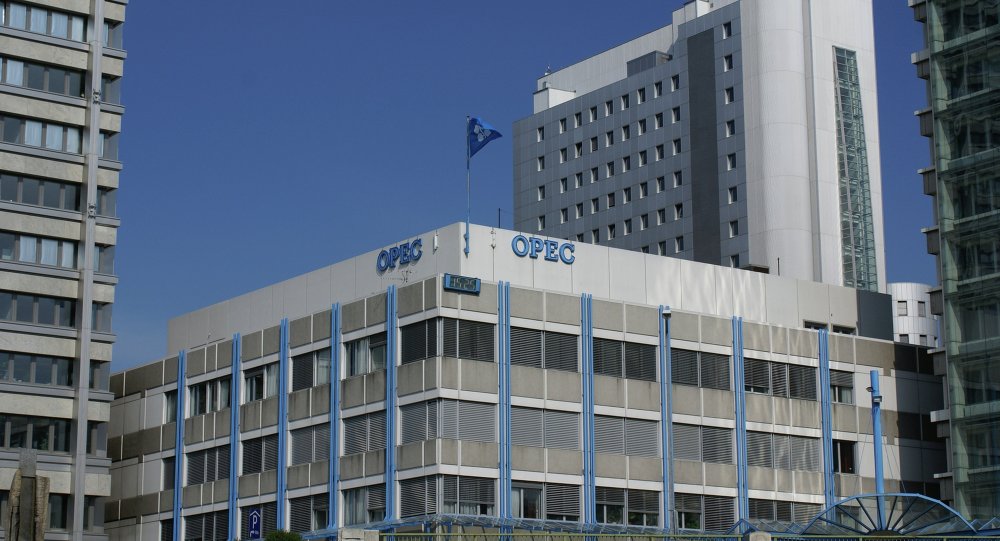Alwaght- The Organization of the Petroleum Exporting Countries agreed on Wednesday to cut output to 32.5-33.0 million barrels per day (bpd) from around 33.5 million bpd.
"OPEC made an exceptional decision today ... After two and a half years, OPEC reached consensus to manage the market," said Iranian Oil Minister Bijan Zanganeh, who had repeatedly clashed with Saudi Arabia during previous meetings. "We have decided to decrease the production around 700,000 bpd," Zanganeh said.
The Algiers decision would effectively re-establish OPEC production ceilings abandoned a year ago.
However, how much each country will produce is to be decided at the next formal OPEC meeting in November, when an invitation to join cuts could also be extended to non-OPEC countries such as Russia.
This week the Saudi regime retreated from it hardline stance of flooding the market saying privately it would be willing to join a coordinated cut to production of up to 1m b/d. Khalid al-Falih, the kingdom’s energy minister has finally conceded that Iran, Nigeria and Libya — which have variously lost output because of violence in their countries or sanctions — would not be as tightly bound by any deal to cap output. Officials from Riyadh and Tehran have been holding talks with the main contention being on the level at which Iran would curb its output.
While the Saudi and Iranian economies depend heavily on oil, after the removal of sanctions, Iran is suffering less pressure from the halving in crude prices since 2014, and its economy could expand by almost four per cent this year, according to the International Monetary Fund. Riyadh, on the other hand, faces a second year of budget deficits after a record gap of $98 billion last year and a stagnating economy.
Iran says it should be allowed to increase production to at least 4m b/d after years of illegal US-led Western sanctions. In April, OPEC members and Russia met in Doha, Qatar, to hammer out a deal to freeze production at January levels. But Saudi Arabia scuttled that plan when its regional rival, Iran, refused to participate.
Oil prices rose sharply on the news and energy shares rallied in early trading on Thursday but oil prices later retreated following questions over the modest deal on oil output cuts in the first such deal since 2008.
Remerging OPEC
OPEC comprises 13 of the biggest oil producers in the world and controls this market since its creation nearly 56 years ago. Fundamentally, the cartel still controls 81% of the world’s oil resource
Within hours of the Algiers agreement, the prices immediately rose and this was an emphatic message that OPEC is remerging as a major player in international trade.
The Algiers meeting once again reiterated OPEC's commitment to stable oil markets with the powerful cartel showing responsibility for the creation of the balance between supply and demand that secures stability.
OPEC's communique promised renewed efforts to co-ordinate production disciplines within and without the cartel, and reinforced that with confirmation of a "high-level committee" to establish a "framework for high-level consultations" with all of international oil.
Then, finally and most importantly, the communique described a lower daily production ceiling for OPEC but without offering detail on how what would be a 6 per cent production cut might be achieved.
"The conference concurs that there is firm and common ground that continuous collaborative efforts among producers, both within and outside OPEC, would help restore the balance and sustainability in the market. At this juncture, it is foremost to reaffirm OPEC's continued commitment to stable markets, for the mutual interests of producing nations, efficient and secure supplies to the consumers, with a fair return on invested capital for all producers," the OPEC communique added.
The agreement in Algiers implies that OPEC seems to have overcome, albeit temporarily, its main challenge which is indiscipline within its own ranks. OPEC has members with different political systems, some which compete each other in global and regional politics.
OPEC and its policies are the main catalyst for massive price fluctuations in oil we have seen over the past few years. OPEC was the reason we had $100/barrel oil in 2014, and OPEC is the reason oil prices fell drastically in 2015. The Algiers decision is expected to rally oil prices with some predicting $60 a barrel before the end of 2016.



























